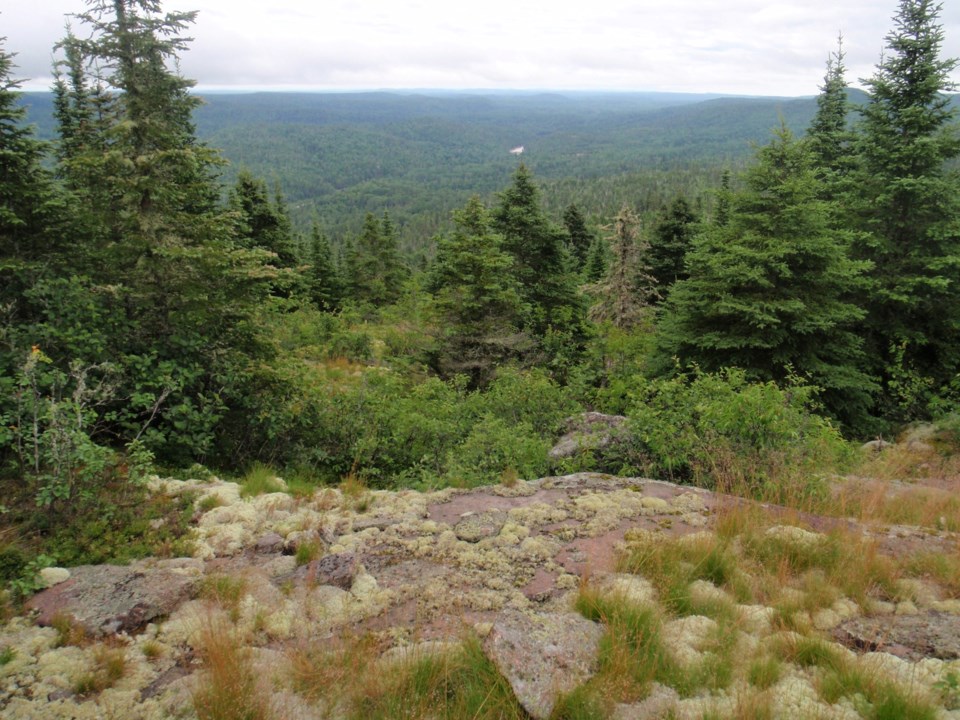Marathon mine developer Generation Mining has pocketed a key permit that will allow caribou and bat species to survive and thrive near its proposed open-pit mine on the north shore of Lake Superior.
The Toronto company said in a news release that an Endangered Species Act permit was issued by the Ministry of the Environment, Conservation and Parks to mprove habitat for Boreal caribou and bat species, the latter involving Little Brown Myotis, Northern Myotis and Tri-coloured bats (“SAR bats”). All are considered species at risk.
The permit sets up conditions to minimize impacts of the mine development and operation for caribou and bats, and create an environment that will benefit these species.
The proposed open-pit copper and palladium mine will be 10 kilometres north of Marathon, just off the Trans-Canada Highway.
Construction on the $1.1-billion project could begin early next year with pre-production and mine commissioning tentatively scheduled for mid-2025.
Gen Mining is waiting on another critical permit, the approval of a mine closure plan, in order to start the prep work for a 24-month construction period by the end of this year. Last year, the federal and provincial government both signed off on the project’s environmental assessment.
In a release this week, the company credited its neighbours, Biigtigong Nishnaabeg and other Indigenous communities, for their assistance on securing this permit. Their members will be involved in a stewardship program that involves restoration of habitat, research projects, and monitoring of the population. Bats will have an hibernaculum and roosting structures.
Want to read more stories about business in the North? Subscribe to our newsletter.
Ruben Wallin, Gen Mining’s vice president of sustainability, said Biigtigong Nishnaabeg was instrumental in sharing its traditional knowledge, along with its caribou stewardship plan, used in the development of the permit.
Chief Duncan Michano added: “Biigtigong Nishnaabeg’s plan is designed to establish a secure and self-sustaining population of Boreal caribou in the area centred on the northeast portion of Lake Superior – the area encompassed by the project and Biigtigong Nishnaabeg's exclusive Aboriginal title area."
Company president-CEO Jamie Levy thanked the First Nation leadership for their guidance in securing the permit and provincial Environment Minister David Piccini and his staff “who made this (permit) application a priority” in providing their expertise in developing the permit.




